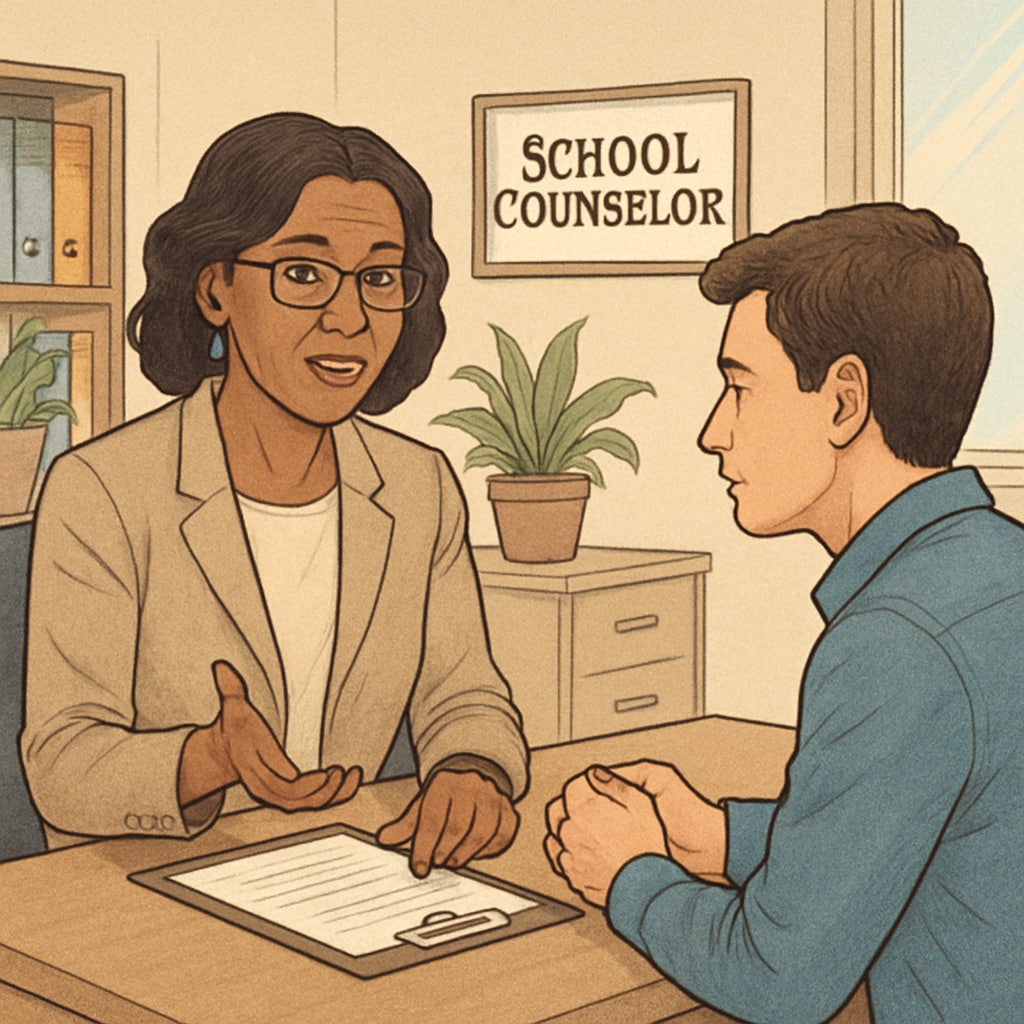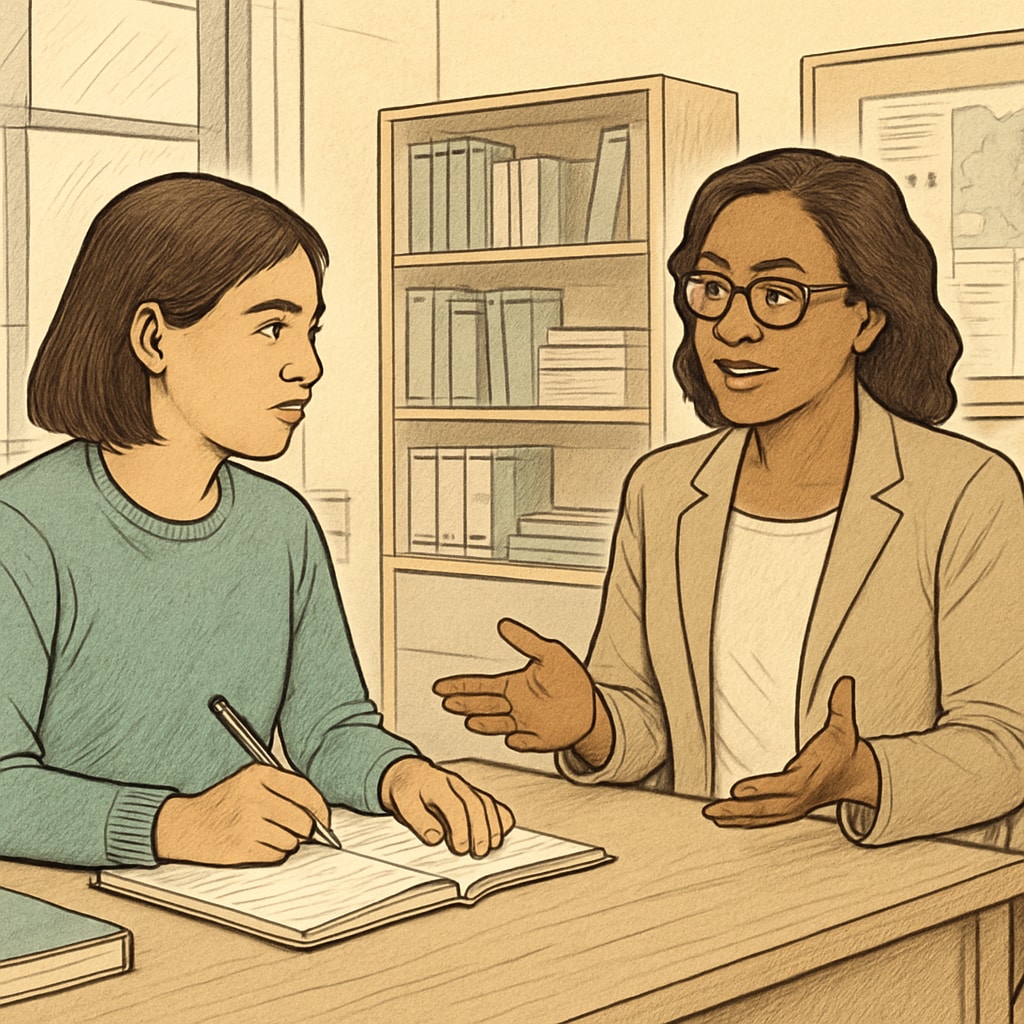Completing graduate research often requires direct engagement with professionals in the field. For education-focused research, interviewing K12 school counselors can provide invaluable insights into the school counseling system. This article will help you navigate the process of finding and interviewing school counselors effectively, ensuring your research is both comprehensive and professional.

Why Interview K12 School Counselors?
K12 school counselors play a pivotal role in shaping students’ academic, emotional, and social development. Their expertise in managing student well-being, career planning, and crisis intervention makes them ideal subjects for educational research. By interviewing counselors, graduate students can gain firsthand knowledge of the challenges and strategies within the K12 counseling system.
For example, understanding how counselors balance academic advising with mental health support can inform broader research on student development. Additionally, interviews can uncover systemic issues, such as resource limitations or policy gaps, that impact school counseling effectiveness.
Finding School Counselors: Outreach Channels
Identifying and approaching K12 school counselors requires thoughtful planning. Consider the following channels for outreach:
- School Websites: Many schools list their counseling staff on the official website. Look for contact information under the “Student Services” or “Counseling Office” sections.
- Professional Networks: Organizations like the American School Counselor Association provide directories and resources for connecting with counselors.
- Personal Referrals: Tap into your existing academic or professional network to find counselors willing to participate in interviews.
Once you identify potential interviewees, prepare a clear and respectful outreach message explaining your research goals and the importance of their participation.
Effective Communication Strategies
Building rapport with school counselors is essential for successful interviews. Use these communication strategies to ensure smooth interactions:
- Be Transparent: Clearly explain the purpose of your research, how the information will be used, and any confidentiality measures.
- Be Respectful of Their Time: School counselors often have demanding schedules. Offer flexible interview times and keep sessions within the agreed timeframe.
- Express Gratitude: Thank counselors for their willingness to share their experiences and expertise, both before and after the interview.

Conducting Professional Interviews
Once you’ve secured an interview, follow these best practices to ensure the conversation is productive and professional:
- Prepare Thoughtful Questions: Design open-ended questions that allow counselors to elaborate on their experiences. Avoid leading or overly specific queries.
- Record the Interview: With permission, use audio or video recording tools to accurately capture responses for later reference.
- Active Listening: Show genuine interest in their answers by maintaining eye contact, nodding, and asking follow-up questions.
- Respect Boundaries: Avoid prying into overly personal or sensitive areas unless the counselor voluntarily shares such information.
Professionalism during interviews not only enhances the quality of your research but also builds lasting connections within the educational counseling field.
Leveraging Interview Insights for Your Research
After conducting interviews, analyze the collected information to identify patterns, key insights, and actionable recommendations. Compare individual responses to broader research findings to validate your conclusions. Consider including direct quotes from counselors in your final report to add authenticity and depth.
Additionally, reflect on what the interviews reveal about the K12 counseling system’s strengths and areas for improvement. This can help shape your research into a meaningful contribution to the field of educational studies.
Interviewing K12 school counselors is a rewarding experience that combines academic rigor with practical learning. By applying the strategies outlined above, you can enhance the quality of your graduate research while gaining a deeper understanding of the vital role counselors play in education.


